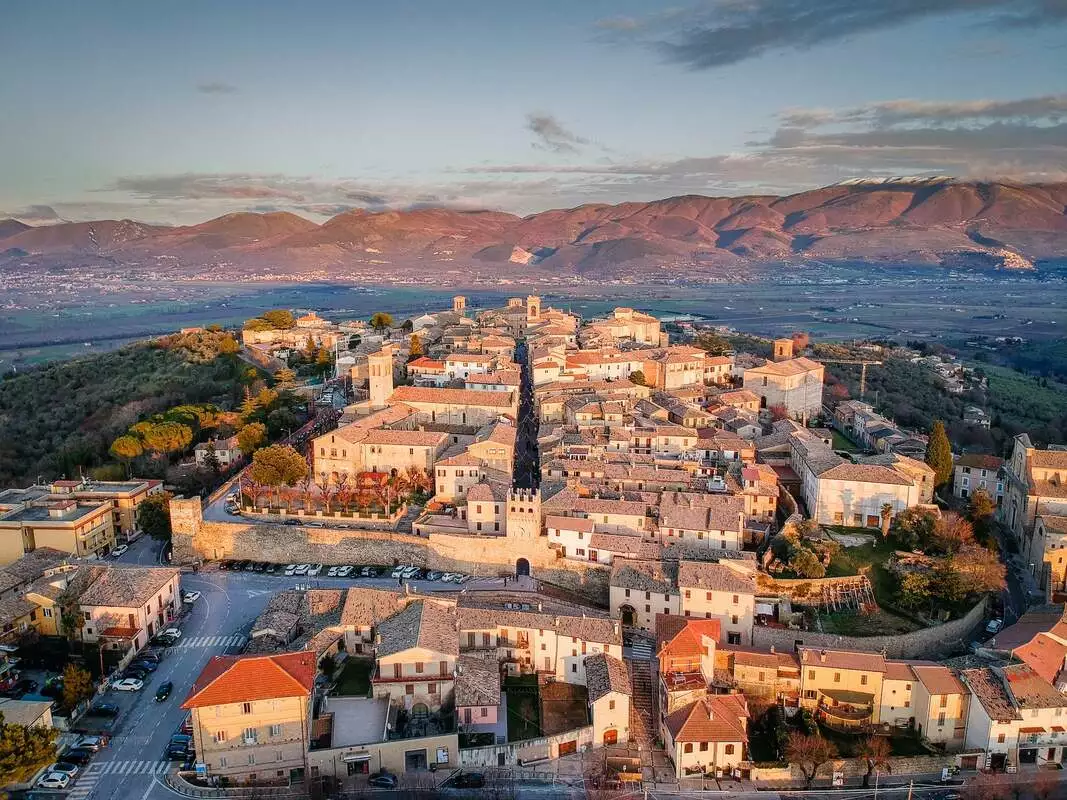Main requirements for moving to Italy

Visa Requirements:
When it comes to visa requirements, the situation may differ depending on whether you are an EU citizen or a non-EU citizen. For EU citizens, the process is relatively simple. Only a valid passport is required to enter Italy. For non-EU citizens, however, the process can be more complicated. Depending on the purpose of your move (e.g. studying abroad, working abroad), there are different types of visas that must be obtained before entering Italy. The application process usually involves providing documents such as a valid passport and proof of residence/work in your home country, as well as financial resources that will support your stay in Italy.
Accommodations:
When it comes to housing when moving to Italy, there are several options depending on what you are looking for and how long you plan to stay in the country.
29 September 2025
9 October 2024
29 January 2025
29 January 2025
9 October 2024
Finance:
Before taking a major step such as moving, it is important to consider the cost of living and the financial resources required to maintain the lifestyle in the new country compared to what was spent at home before moving abroad. The exchange rate between the two countries should also be taken into account when calculating expenses such as food, fuel, and rent. Depending on where one is moving from, expenses can be much higher than at home, so it is important to have sufficient funds before setting off.
Cultural adaptation:
Cultural adaptation when moving abroad can take some time. People living abroad must adapt their attitudes and behavior to the different customs and traditions in the new country. The best way to quickly learn about cultural norms is to ask questions of locals by observing their habits and manners. It is also a good idea to read books or watch movies about the culture before arriving in the country so that you have an idea of the cultural differences you may encounter after settling in. Also, getting involved in the community through volunteering helps you build relationships and understand the local culture faster than if you sit alone and feel like an outsider!
Comment
Popular Posts
29 September 2025
393
9 October 2024
1487
29 January 2025
1530
9 October 2024
9942
Popular Offers

Subscribe to the newsletter from Hatamatata.com!
Subscribe to the newsletter from Hatamatata.com!
I agree to the processing of personal data and confidentiality rules of Hatamatata














